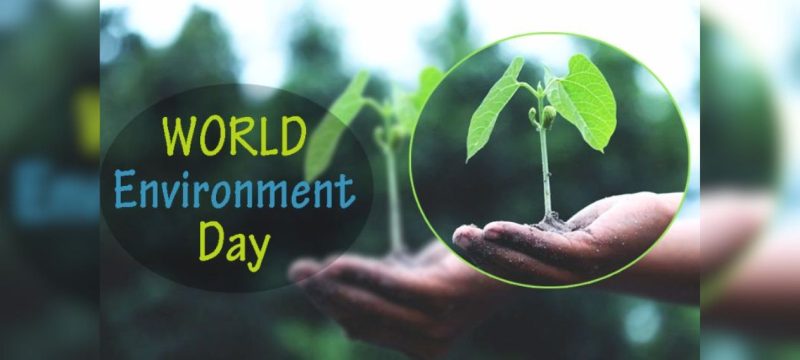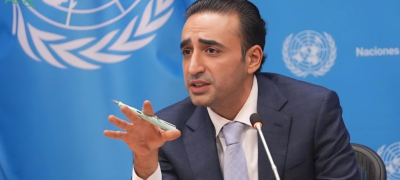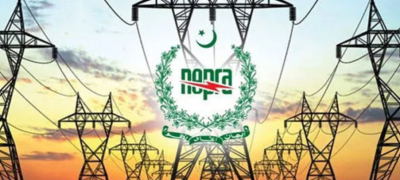On World Environment Day, Prime Minister Shehbaz Sharif reiterated Pakistan’s dedication to environmental protection and sustainable development, identifying plastic pollution as a major global threat.
In his statement, the prime minister noted that plastic waste has become a critical issue worldwide, endangering ecosystems, economies, and the future of upcoming generations. He acknowledged that Pakistan, too, is grappling with the severe consequences of plastic pollution.
Read more: PM Shehbaz Sharif Visits Saudi Arabia Today to Boost Trade and Regional Collaboration
Prime Minister Shehbaz called for united and bold action at the international level to address these challenges. “We must act collectively and decisively to counter the escalating environmental crisis,” he urged.
The Significance of World Environment Day
Observed every year on June 5, World Environment Day is the United Nations’ main platform for promoting global awareness and action for the environment. This year’s theme centers around land restoration, combating desertification, and strengthening drought resilience. However, plastic pollution continues to be a priority concern for countries like Pakistan.
Pakistan’s Environmental Crisis
Despite contributing less than 1% to global carbon emissions, Pakistan ranks among the countries most vulnerable to climate change. Key environmental challenges include:
- Massive plastic waste buildup, especially in cities with inadequate waste disposal systems
- Intensifying heatwaves affecting human health and agriculture
- Shrinking water supplies due to glacier melt and poor rainfall
- Increasing floods and droughts linked to changing climate patterns
- Deforestation and degraded land affecting biodiversity and food security
Pakistan has initiated efforts such as Punjab’s Zero Plastic campaign, nationwide tree-planting programs, and participation in international agreements like the Paris Accord to build climate resilience. Still, experts warn that these actions must be reinforced by stricter regulations, active public involvement, and stronger global partnerships.
Prime Minister Shehbaz’s message serves as a call for collective responsibility, urging both local and international stakeholders to prioritize the planet’s health for future generations.





